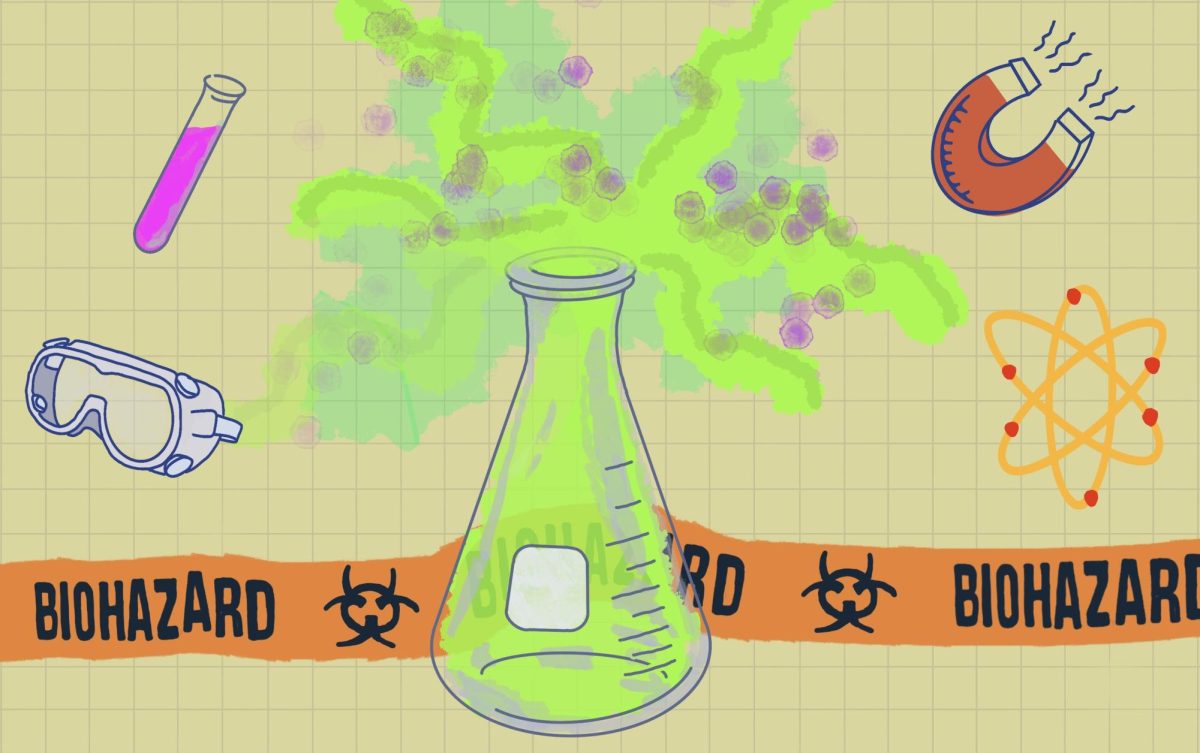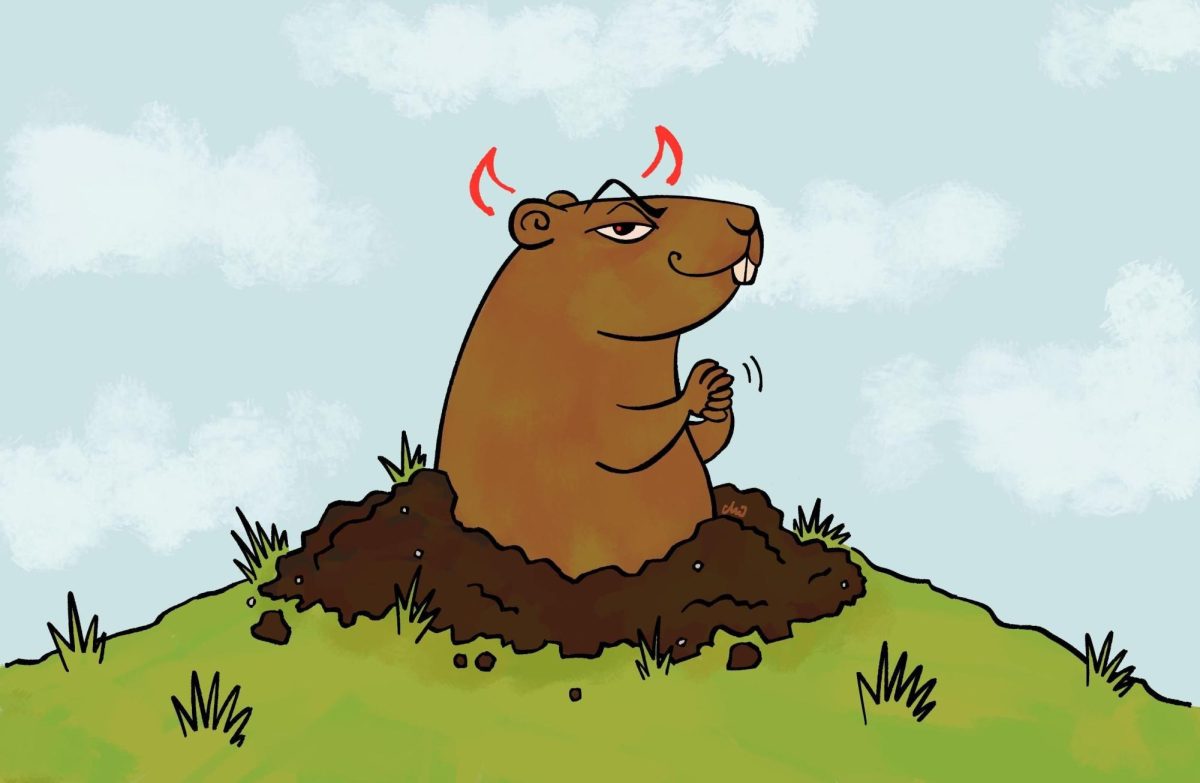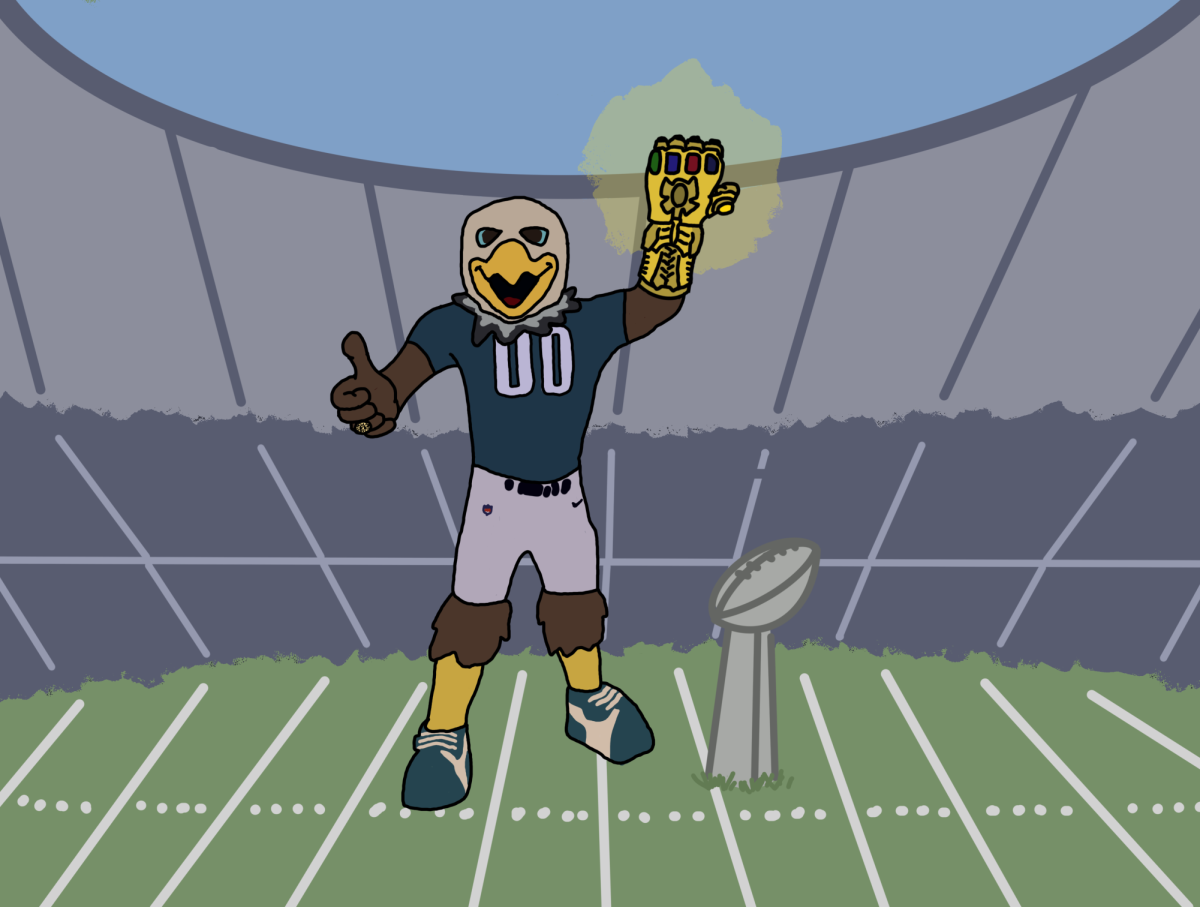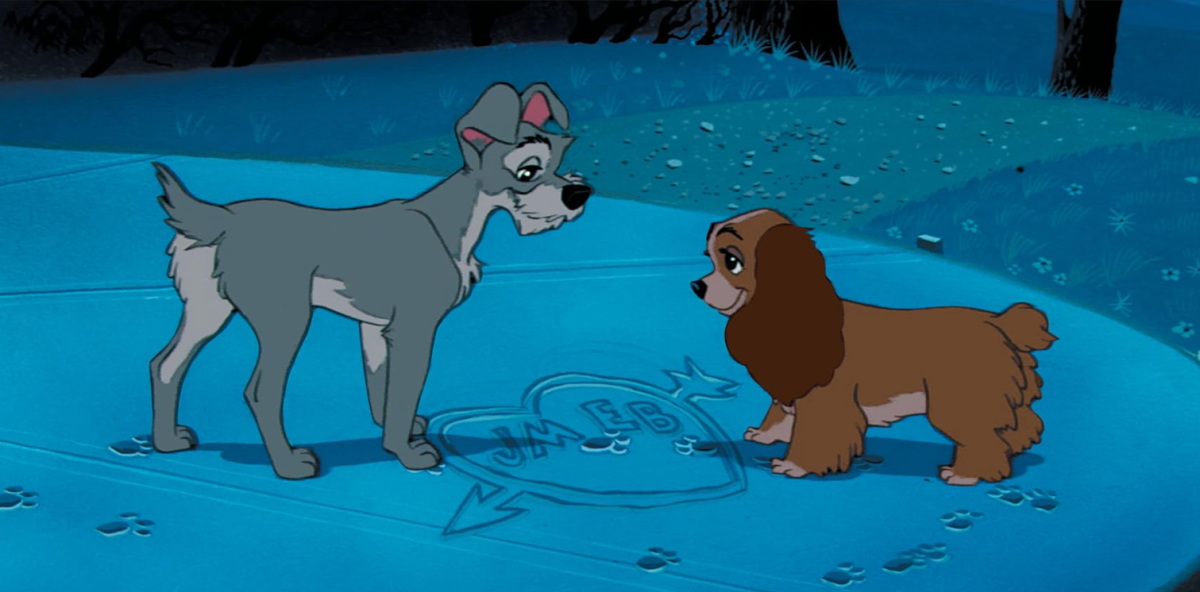Imagine this:
You’re an incoming freshman about to finally start your college career and your path to becoming a doctor. Excited and filled with ambition, you enter your introductory biology class brimming with joy, ready to learn and be encapsulated by the subject.
Then, the professor walks in.
Above 90 years of age, needing help setting up the mic from their TA, and barely seeing past the first row of people, they bury their faces in the monitor two inches away from them and start their lecture, not even acknowledging the 300 students they’re lecturing. They just read off the slides and walk out after they’re done.
No acknowledgment of the presence of students. Nothing at all.
Fast forward the semester, and you don’t even go to the class anymore. You’re so tired of the professor that this topic doesn’t even interest you anymore, even though understanding it is a requirement to your path as a medical professional.
Slowly, this happens in many classes. Professors take subjects that you need to learn and make them incredibly mundane. It becomes incredibly frustrating and teaching yourself is no fun.
This is the reality of many students in STEM classes.
Truth be told, science is actually really fun! Being able to learn about how the world around you works is fascinating. But, I’m afraid that most people forget the application of science and focus more on the detailed aspects of it — there isn’t anything wrong with this, but you must have a balance of both.
Professors weigh us down with jargon that disallows students from actually connecting with the material. The separation of students and professors grows wider because professors don’t know how to make complex topics simple.
The best thing to happen to science in pop culture was Bill Nye. Being able to take science topics and put it in a form that young people were able to learn was crucial to many children like myself who wanted to learn more about the field.
At Texas A&M, we have our own Bill Nye: Tatiana Erukhimova, Ph.D. A viral sensation on TikTok, she does exactly what Bill Nye did, breaking down difficult physics topics to be easily digestible for audiences of all ages — and it’s truly refreshing to see. She is exemplary in her role as a professor and how they can make science look fun.
Now, I’m not asking every professor to make a TikTok account and post videos about their subject; they don’t have to. What they can do is try and connect with their students more. Some of my favorite professors have allowed me to grow by being accommodating to my academic needs and pushing me to be a better student, and those have been my favorite classes. There needs to be more of this. Spewing words that mean nothing just draws people farther away from wanting to care about science.
This isn’t a hit against A&M professors — I love this school, please don’t kick me out. I’ve had professors who care about how much you learn rather than just reading off slides and trying to prove that they’re the smartest in the room.
But where has the fun gone? It’s almost like professors want you to feel the boredom in the topic they are talking about.
You want to know what has been made enticing? Politics! If you ask someone the case and exact details about the Chevron Deference, they probably won’t know, but they’ll know what implications striking down the Deference can do, due to how this topic has been communicated to the public. No one actually reads the laws but they know what is happening because there is a common interest in it.
This is what science needs! More communication means more interest in it. We don’t need to know the exact science behind a vaccination — unless you want to — but people should be able to know how it works and what it does.
Communicating science to the general public is imperative to the general understanding of the importance of science for ourselves, the environment and our future. Scientific misinformation spreads like wildfire so people don’t know what is good for them. This starts with people like professors — and it can be inclusive of many other influential people — being able to communicate science with students who can repeat their understanding to others.
Science is in a state where people don’t even trust it. We live in a time where people trust Taylor Swift’s presidential nomination more than a scientist’s recommendation on a new drug. This is because science is not considered the utmost priority in our lives when it should be. It is time we bring back the golden age of scientific communication for the future of science.
And professors — let’s try and have some fun in class. I’m not trying to hear you yap for 50 minutes like you are the only person in the room. Let’s make science fun again, please!
Joshua Abraham is a kinesiology junior and opinion writer for The Battalion.

















Alan Pepper • Oct 15, 2024 at 8:48 am
One major problem with this opinion piece. There is not one single professor teaching introductory biology at TAMU that even remotely fits the description herein. This is what is known as a “fabrication out of whole cloth.” Just because it is an opinion piece does not give the writer the freedom to just make stuff up to support their argument.